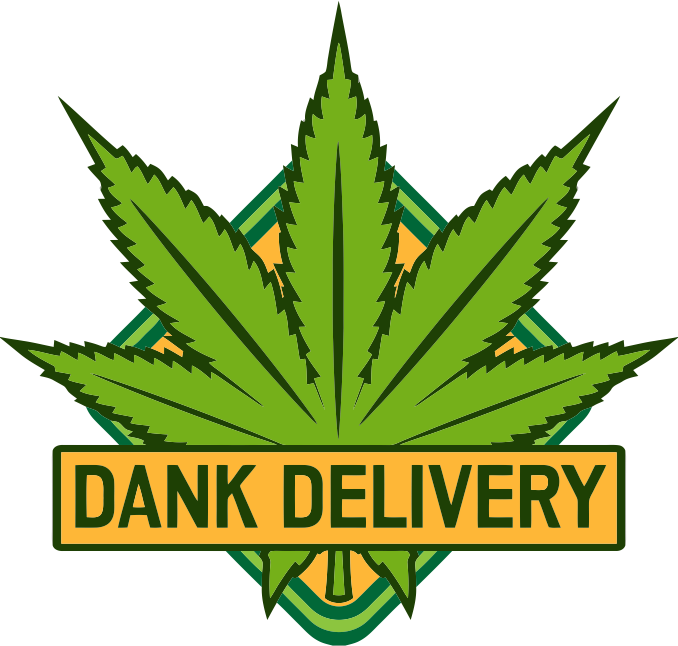Dr. Hill and Dr. Osguthorpe discuss how CBD and Copaiba work. Learn everything you need to know about CBD and Copaiba Essential Oil here: https://www.doterra.com/US/en/everything-you-need-to-know-about-cbd
Is CBD Safe and Effective?
It seems that CBD has flooded the marketplace and can be found in every product imaginable, from mascara to doggy treats. Amidst this excitement, however, there are a few reasons you should remain cautious.
The FDA acknowledges, “[S]ome companies are marketing products containing cannabis and cannabis-derived compounds in ways that violate the Federal Food, Drug and Cosmetic Act (FD&C Act) and that may put the health and safety of consumers at risk.”8
There is relatively little medical and scientific research regarding CBD. This is due in large part to legal and research limitations. Some studies indicate promising benefits, but the research is young, and it is still too early to come to any definitive conclusions about the perceived health benefits of CBD.
Is CBD Legal?
A lot goes into determining whether a substance is legal. It is important to start with some background.
The Food and Drug Administration (FDA) is responsible for reviewing and approving applications to ensure that new drugs meet the standards of the Food, Drug, and Cosmetic Act (FD&C Act).
The Drug Enforcement Administration (DEA) is responsible for enforcing the Controlled Substances Act. They also regulate “the handling of all controlled substances, including those being used by researchers to conduct studies.”
“The Controlled Substances Act (CSA) places all substances . . . regulated under existing federal law into one of five schedules. This placement is based upon the substance’s medical use, potential for abuse, and safety or dependence liability.”
“[Marijuana] is listed in Schedule I of the CSA due to its high potential for abuse, which is attributable in large part to the psychoactive effects of THC, and the absence of a currently accepted medical use of the plant in the United States.”
However, the Agriculture Improvement Act of 2018 made some cannabis no longer subject to the Controlled Substances Act by defining hemp as “Cannabis . . . with a delta-9 tetrahydrocannabinol [THC] concentration of not more than 0.3 percent.” This means hemp can be grown in states whose laws allow the industrial production and sale of hemp. This is contributing to the purported presence of CBD in various products, including alleged CBD oil. Any plant containing an excess of 0.3 percent THC is considered marijuana and is therefore a Schedule I controlled substance under the CSA and thus subject to the DEA. Even if something is considered hemp (according to the 2018 Act) by containing less than 0.3 percent THC, it is still subject to all other relevant federal laws.
The 2018 Act did not remove the FDA’s “authority to regulate products containing cannabis or cannabis-derived compounds under the FD&C Act and . . . the Public Health Service Act (PHS Act).” This means that any product containing cannabis or cannabis compounds, such as CBD, is still subject to the same laws as any other drug or dietary supplement. This includes CBD oil. Any product containing CBD, regardless of its THC content, cannot currently be sold as a dietary supplement. This is because the FDA has approved neither THC nor CBD under the FD&C Act.
Why Isn’t doTERRA Producing a CBD Oil?
Due to issues of legality, as well as limited research and other concerns, doTERRA is not making any CBD products or oils at this time. We are committed to our standard of CPTG Certified Pure Therapeutic Grade® oils and nothing less. Right now, it is not possible to deliver a CBD oil that meets our CPTG® standards.
Are There Alternatives to CBD?
While CBD may not be a good option at this point, there are other ways to boost the health of your endocannabinoid system.
Beta-caryophyllene (BCP) is a sesquiterpene found in hundreds of different plant species. It is also known as a cannabinoid because it interacts directly with CB2 receptors around the body, soothing tissues and helping to manage healthy inflammatory responses. Remember that any compound (group of molecules) that acts on either or both of the cannabinoid receptors is a cannabinoid. BCP does not affect CB1 receptors and there is no risk of psychoactive effects.
Beta-caryophyllene (BCP) in Copaiba
BCP is the main chemical constituent in Copaiba essential oil, which comes from distilling the oleoresin of the copaiba tree. A GC/MS analysis confirmed that doTERRA Copaiba essential oil has approximately 55 percent BCP content—the highest BCP content of any known oil.
——————————————–
For more information on doTERRA® products follow us on:
→Facebook https://www.facebook.com/doterra/
→Instagram https://www.instagram.com/doterra/
→Pinterest https://www.pinterest.com/doTERRA/
→Blog https://doterra.com/US/en/blog-products
→Twitter https://twitter.com/doterra
source







